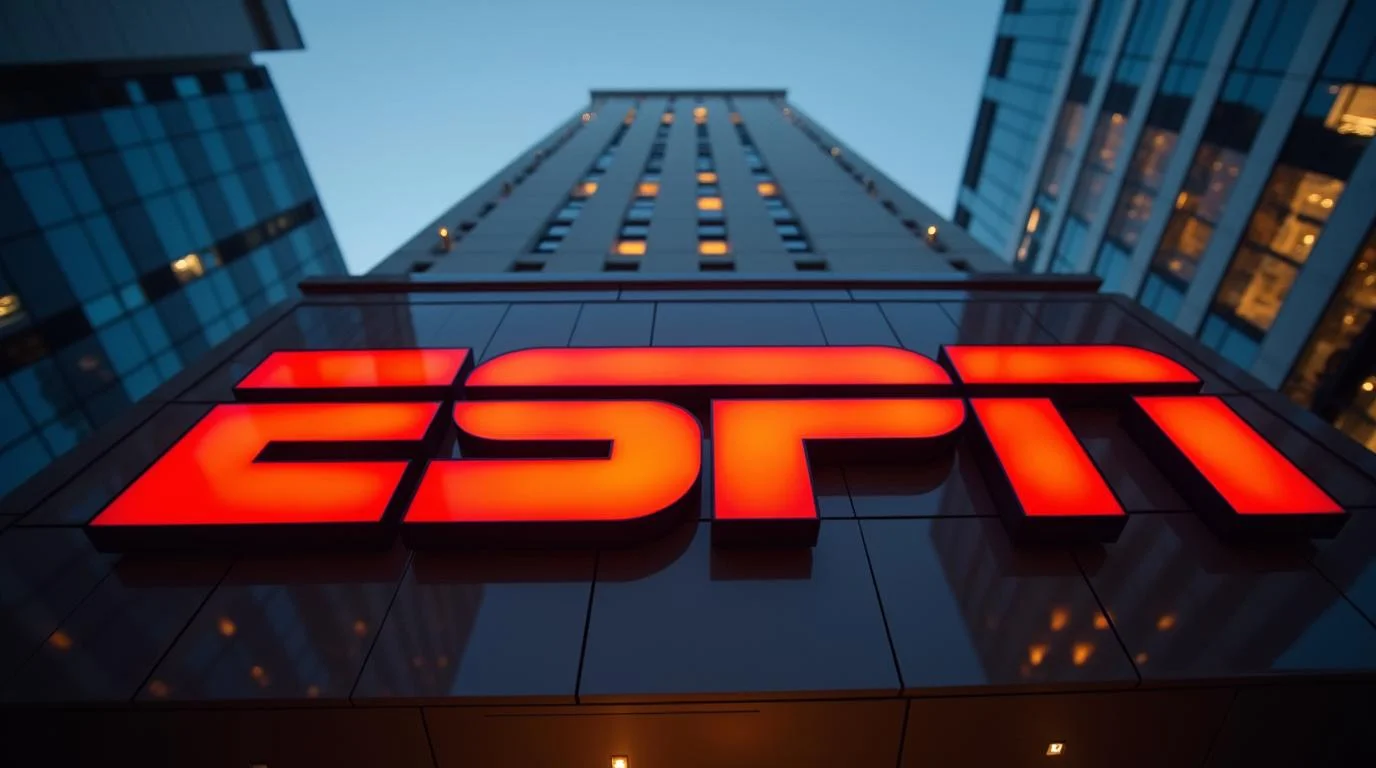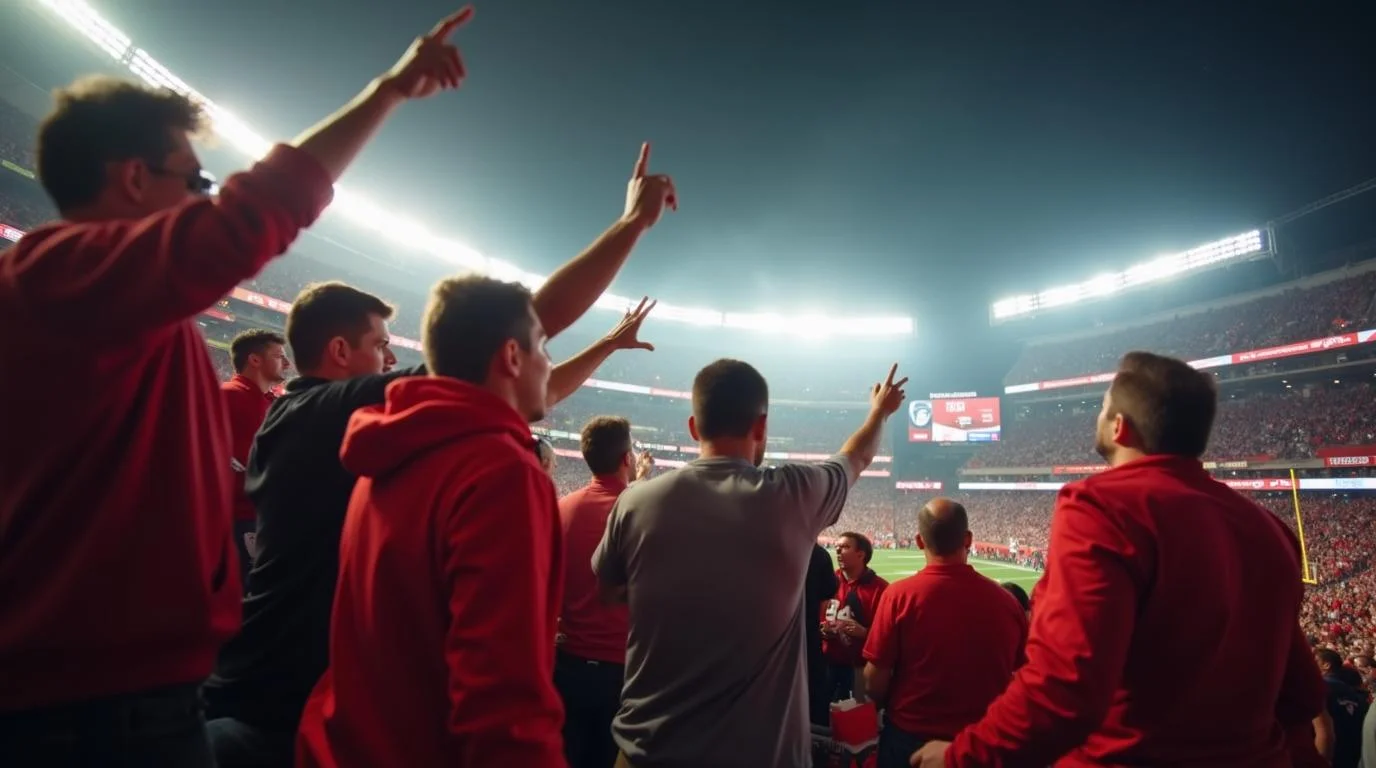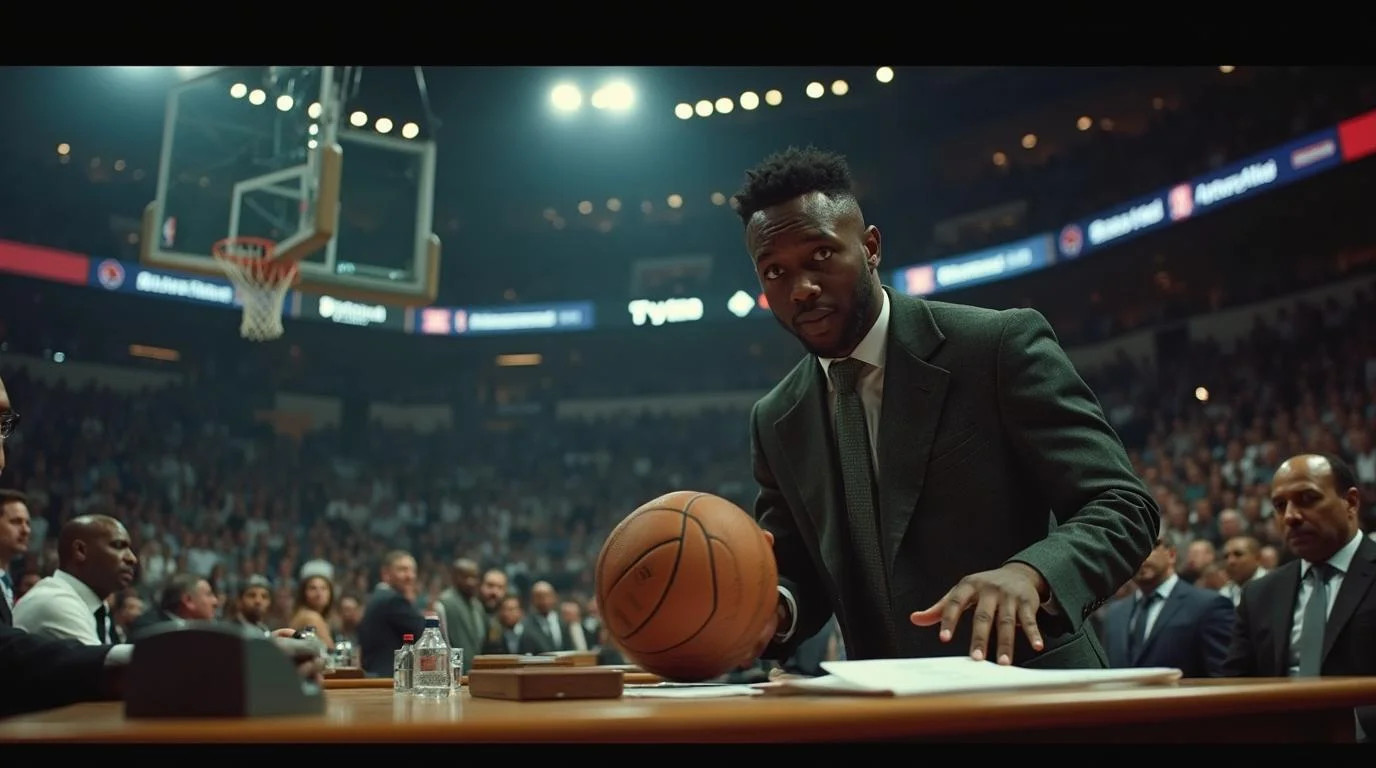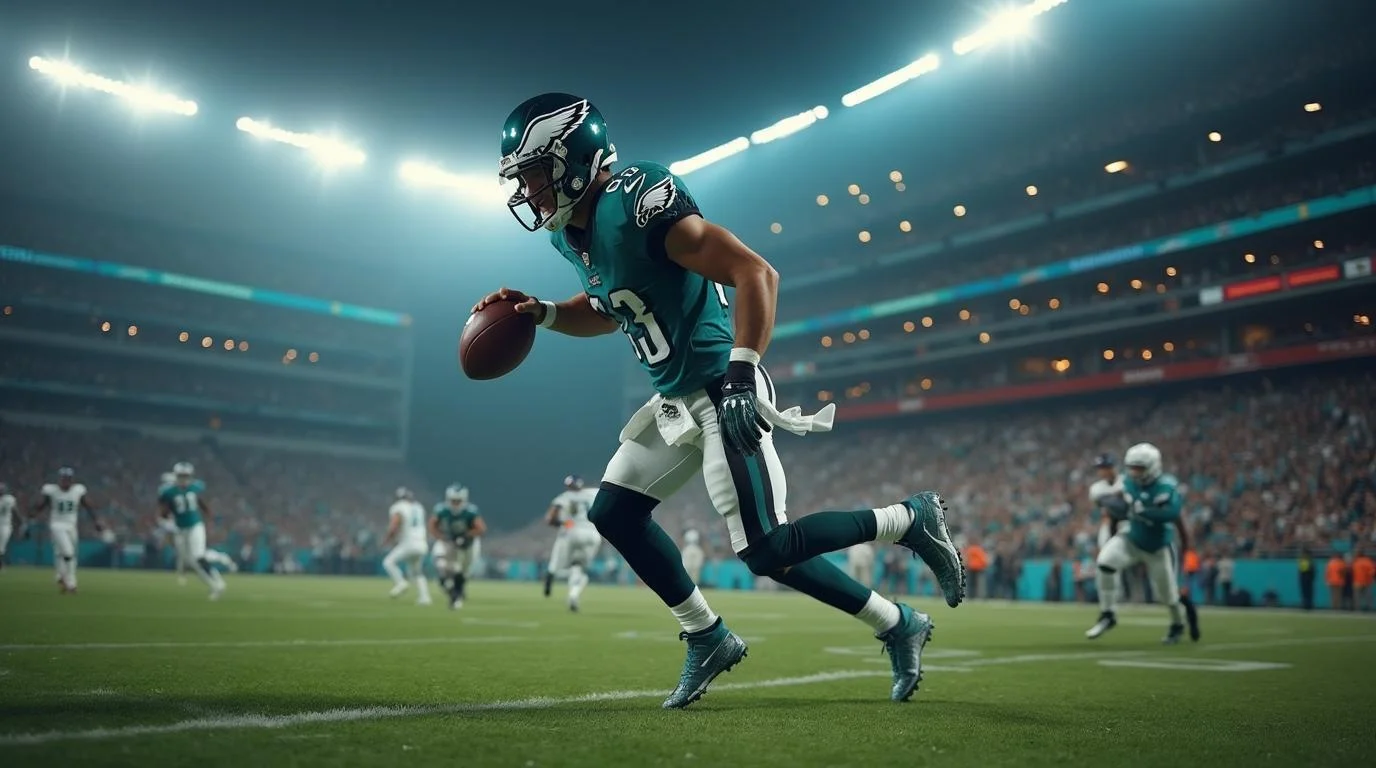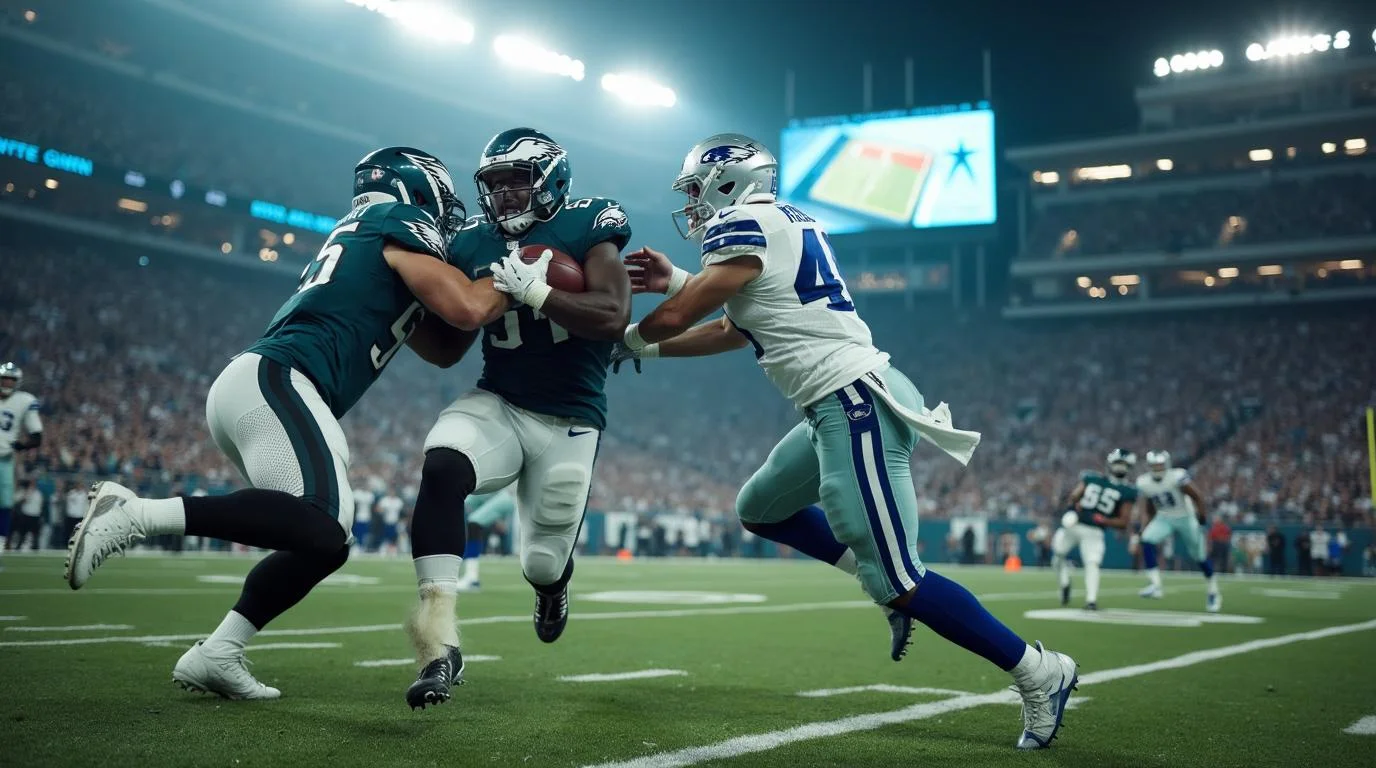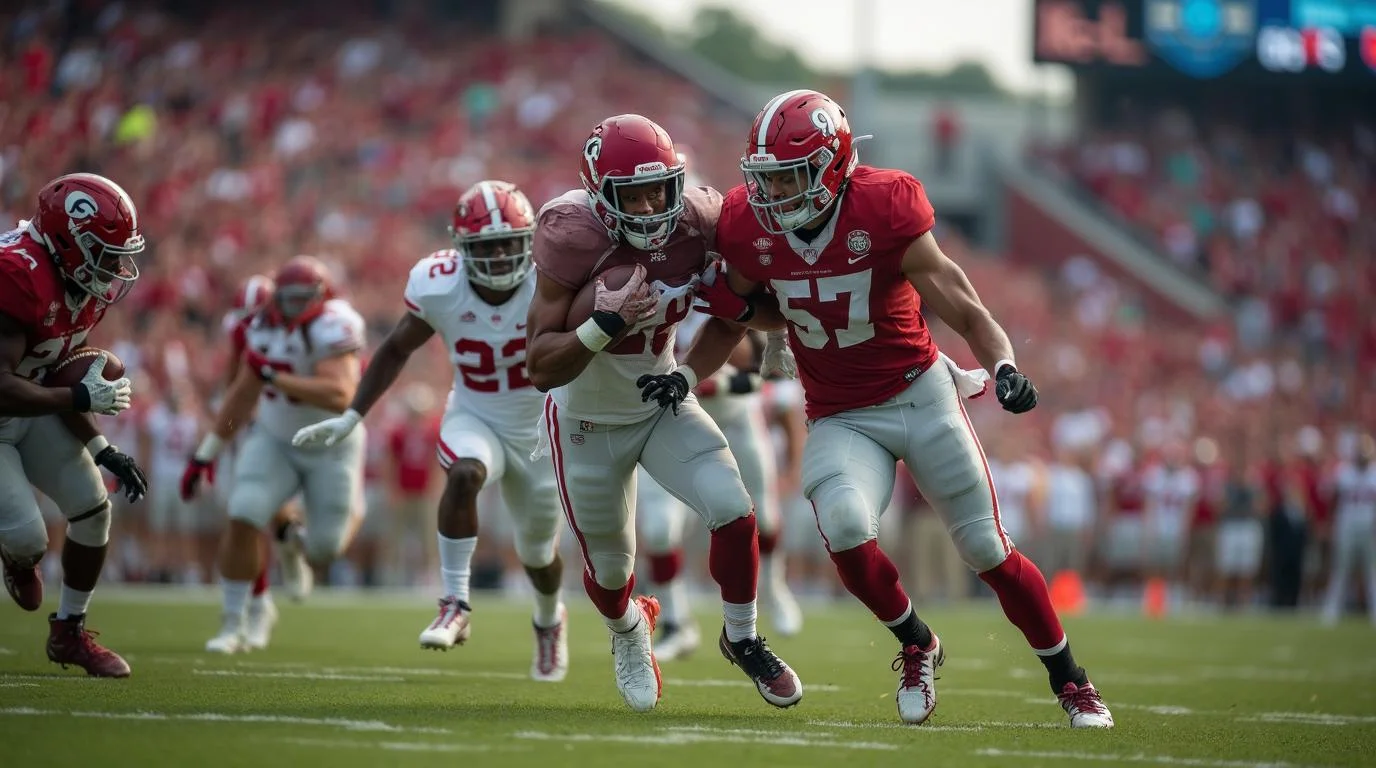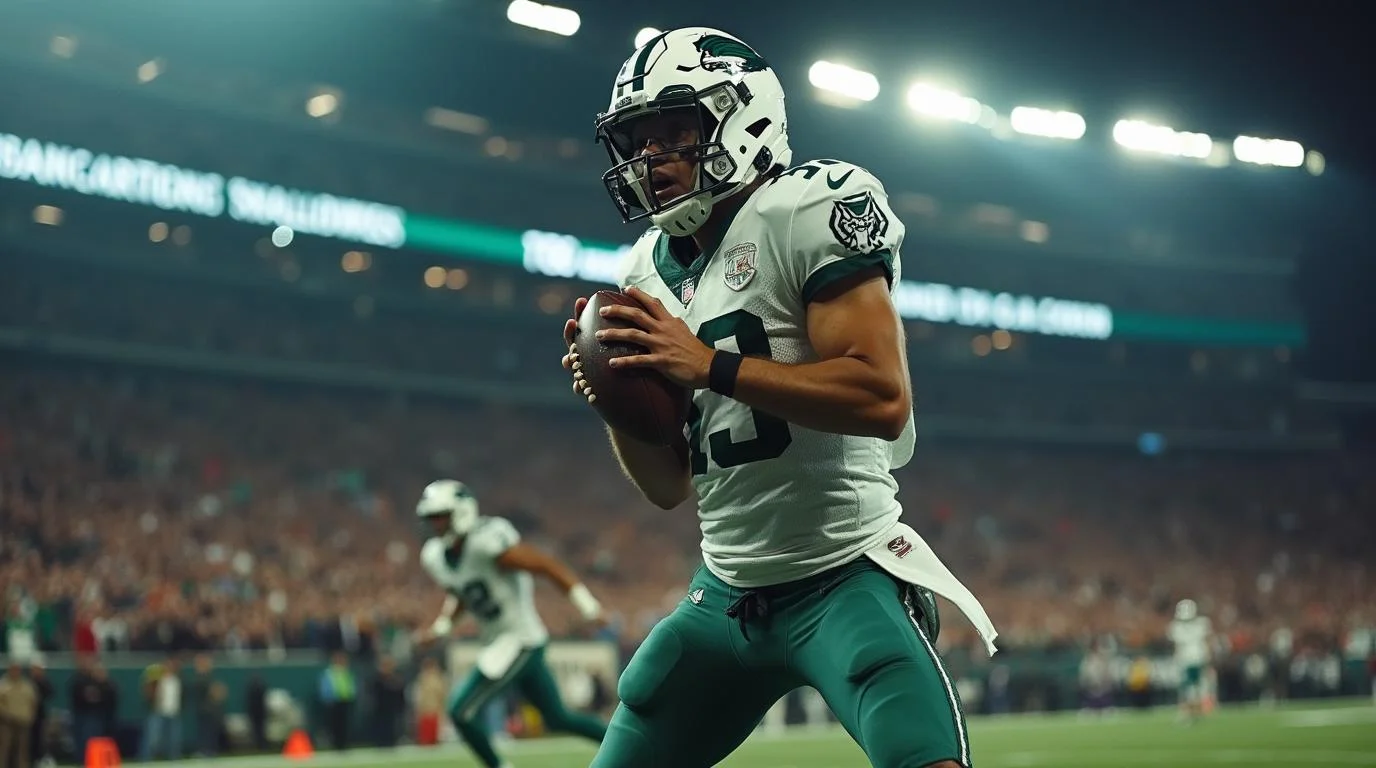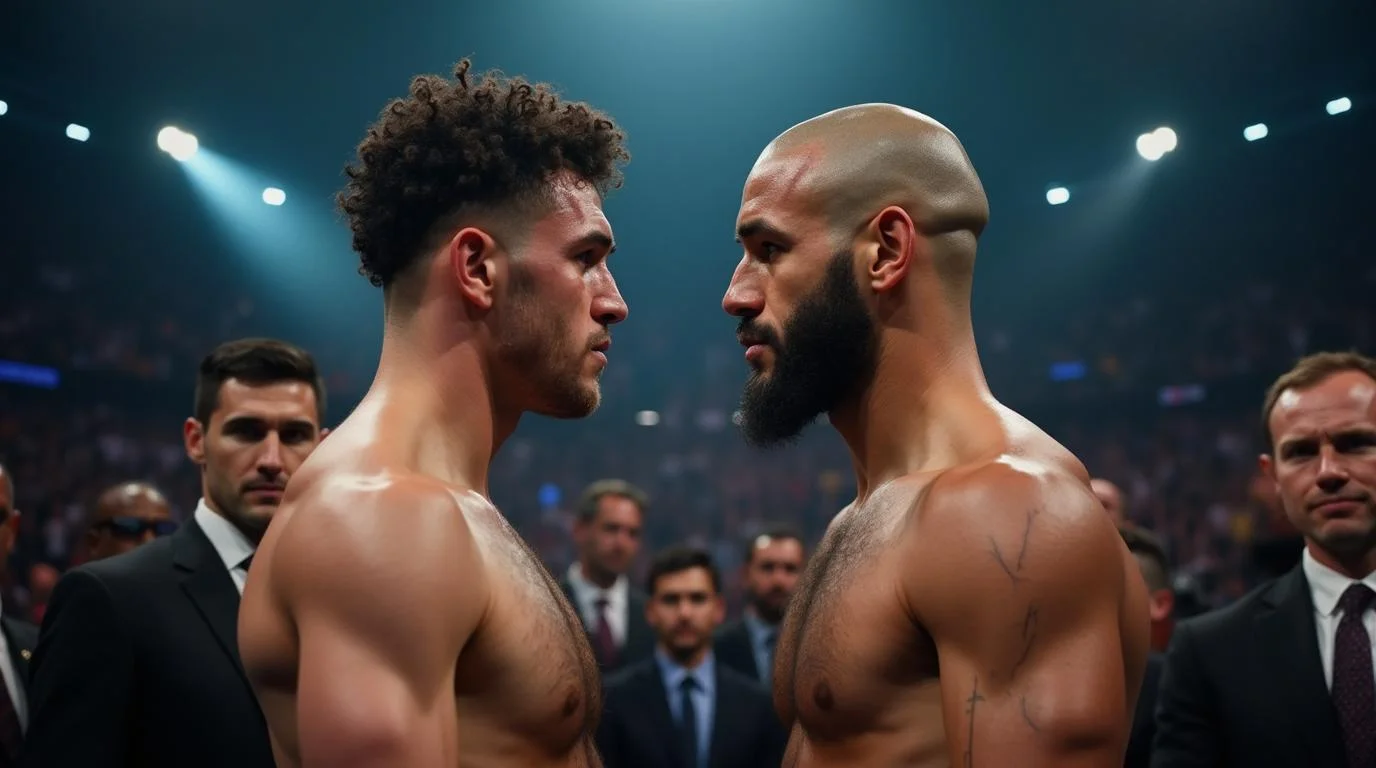Eagles’ Super Bowl Victory Deals Blow to Sportsbooks

1.0
Default
While everyone knows by now that the Philadelphia Eagles won over the Kansas City Chiefs in the Super Bowl last Sunday, not everyone was happy with the win. Sportsbooks, for one, were dealing with heavy losses - but experts say sportsbooks still have the benefits in the long term.
The Philadelphia Eagles soared to a decisive victory, defeating the Kansas City Chiefs in Super Bowl LIX, thrilling fans across the City of Brotherly Love - all while delivering a financial blow to sportsbook operators. Despite the immediate losses, analysts suggest that the game will yield long-term benefits for the betting industry.
Eagles' victory disrupts sportsbook expectations
Heading into the game, sportsbooks were rooting for a Chiefs win and a final score that stayed under 48.5 points. However, the Eagles dominated early, effectively sealing the game by the third quarter. A late surge by the Chiefs pushed the total score over the projected line, resulting in a lower-than-average hold rate for sportsbooks. According to Chad Beynon, an analyst for Macquarie, the hold for this year's Super Bowl ranged from 0% to 5%.
In sports betting, 'hold' would refer to the percentage of funds sportsbooks retain from the total amount wagered. For example, a $20 hold on a $100 bet represents a 20% hold rate. The below-average hold this year contrasts sharply with the more profitable outcomes sportsbooks typically anticipate from such high-profile events.
Despite the disappointing hold, sports betting equities showed resilience. By midday on Monday, DraftKings shares rose by 1.11%, and Rush Street Interactive saw a nearly 2% increase. FanDuel's parent company, Flutter Entertainment, experienced a modest decline, but the overall market response indicated investor confidence in the industry's long-term prospects.
Long term benefits on the horizon for sportsbooks
While the bulk of money from the public was on the Eagles (at +1.5 and over), sportsbooks found solace in other areas. For instance, Beynon highlighted that popular player proposition bets, such as touchdowns from Saquon Barkley of the Eagles and the Travis Kelce of the Chiefs, did not materialize, providing a cushion for operators. "We estimate live and halftime bets were positive for sportsbooks, with most public bettors taking Kansas City at halftime (+~15 points), which ended up being a losing bet," Beynon noted.
Additionally, the Chiefs' loss may have mitigated some operators' exposure to futures bets. Many bettors had placed wagers at favorable odds for Kansas City to win another Super Bowl, and their defeat helped sportsbooks avoid those payouts. Beynon also drew parallels to the previous year's Super Bowl, where DraftKings maintained expected hold rates through diversified bets and parlays, despite an unfavorable game outcome.
Though the side and total bets didn't favor sportsbooks, the Super Bowl remains a lucrative event for the betting industry. The game serves as a significant customer acquisition opportunity, allowing sportsbooks to identify high-value bettors and strategically allocate marketing resources.
An ultimate win-win for sportsbooks
"Super Bowls are always great events for acquiring new customers, but with Super Bowl LIX likely setting viewership records - partly driven by over 60% of the US population now having access to online sports betting, in addition to strong side stories like Taylor Swift's and President Trump's involvement - we view Super Bowl LIX as unequivocally positive for the NFL and sportsbooks," Beynon concluded.
While the Eagles' victory may have dampened immediate profits, the broader implications for the sports betting industry suggest that operators will continue to thrive. The Super Bowl's unparalleled exposure and the growing accessibility of online sports betting ensure that sportsbooks remain in a strong position for long-term growth.








_800x800.webp)

